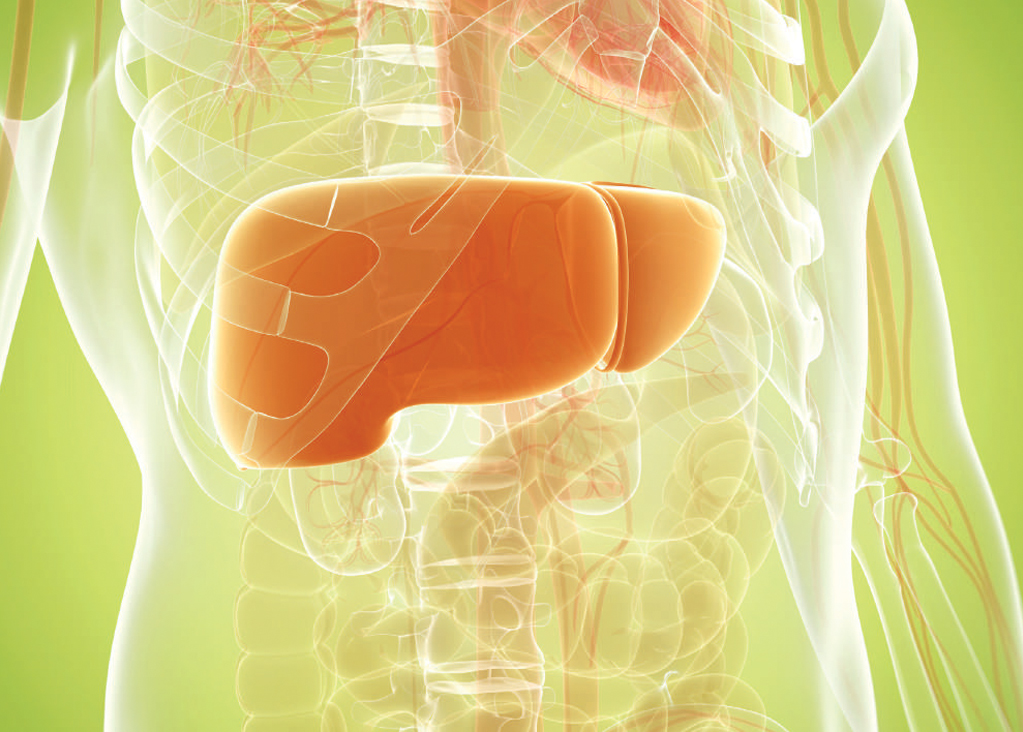Some medications, ironically, can harm vital organs such as the livers.

That pill you just popped for your headache may not be as harmless as you think. Doctor prescribed medications, over-the-counter medications, vitamins, herbs and environmental toxins all can lead to diseases of the liver.
The liver performs various important functions, such as purifying the blood by changing potentially harmful chemicals into harmless ones and removing chemicals from the blood. These are secreted in the bile for elimination in the stools or go back into the blood, where they are removed by the kidneys and eliminated in the urine.
Given these functions, one would expect the liver to be able to transform all toxic chemicals into non-toxic ones. However, in certain cases, this does not happen. Instead, some drugs end up injuring the liver, disrupting its functioning.
Drugs can cause liver disease in several ways. Some are directly injurious to the liver; others are transformed by the liver into chemicals that can injure the liver directly or indirectly.
There are three types of liver toxicity: dose-dependent toxicity, idiosyncratic toxicity and drug allergy.
- Dose-dependent toxicity refers to cases when liver disease occurs after enough of a drug is taken.
- Idiosyncratic toxicity occurs in patients who have inherited specific genes that control the chemical transformation of a specific drug. This causes accumulation of the drug or products of their transformation (metabolites) that are harmful to the liver. These inherited toxicities are rare.
- Drug allergy may also lead to liver disease, though it is uncommon. During an allergy incident, the liver is injured by the inflammation that occurs when the body’s immune system attacks the drugs with antibodies and immune cells.
Drugs & Liver Disease
Many drugs cause mild elevations in blood levels of liver enzymes without symptoms or signs of hepatitis. AST, ALT and alkaline phosphatase are enzymes that normally reside within the cells of the liver and bile ducts. Some drugs can cause these enzymes to leak from the cells into the blood, elevating the blood levels of the enzymes.
Examples of drugs that more commonly cause elevations of liver enzymes in the blood include statins (used in treating high blood cholesterol levels), some antibiotics, some antidepressants, some medications for treating diabetes, tacrine, aspirin and quinidine.
Typically, levels return to normal soon after the patient stops taking the drug, and there usually is no long-term liver damage.
Hepatitis Alert!
Certain drugs can cause acute and chronic hepatitis, which can lead to cell death. Acute drug-induced hepatitis is hepatitis that lasts less than three months, while chronic hepatitis lasts longer than that.
Acute drug-induced hepatitis is more common than chronic drug-induced hepatitis.
Both acute and chronic hepatitis typically resolve after stopping the drug, but sometimes acute hepatitis can be severe enough to cause acute liver failure.
Drugs that can cause acute hepatitis include acetaminophen, diclofenac and amoxicillin. Drugs that can cause chronic hepatitis include minocycline, phenytoin and fenofibrate.
Liver Failure
Rarely can drugs cause acute liver failure. Patients become extremely ill with symptoms of acute hepatitis and the additional problems of confusion or coma. Drugs may cause fatty liver disease with or without associated hepatitis. In severe cases, drug-induced fatty liver can lead to cirrhosis (loss of liver cells and scarring of the liver) and liver failure.







